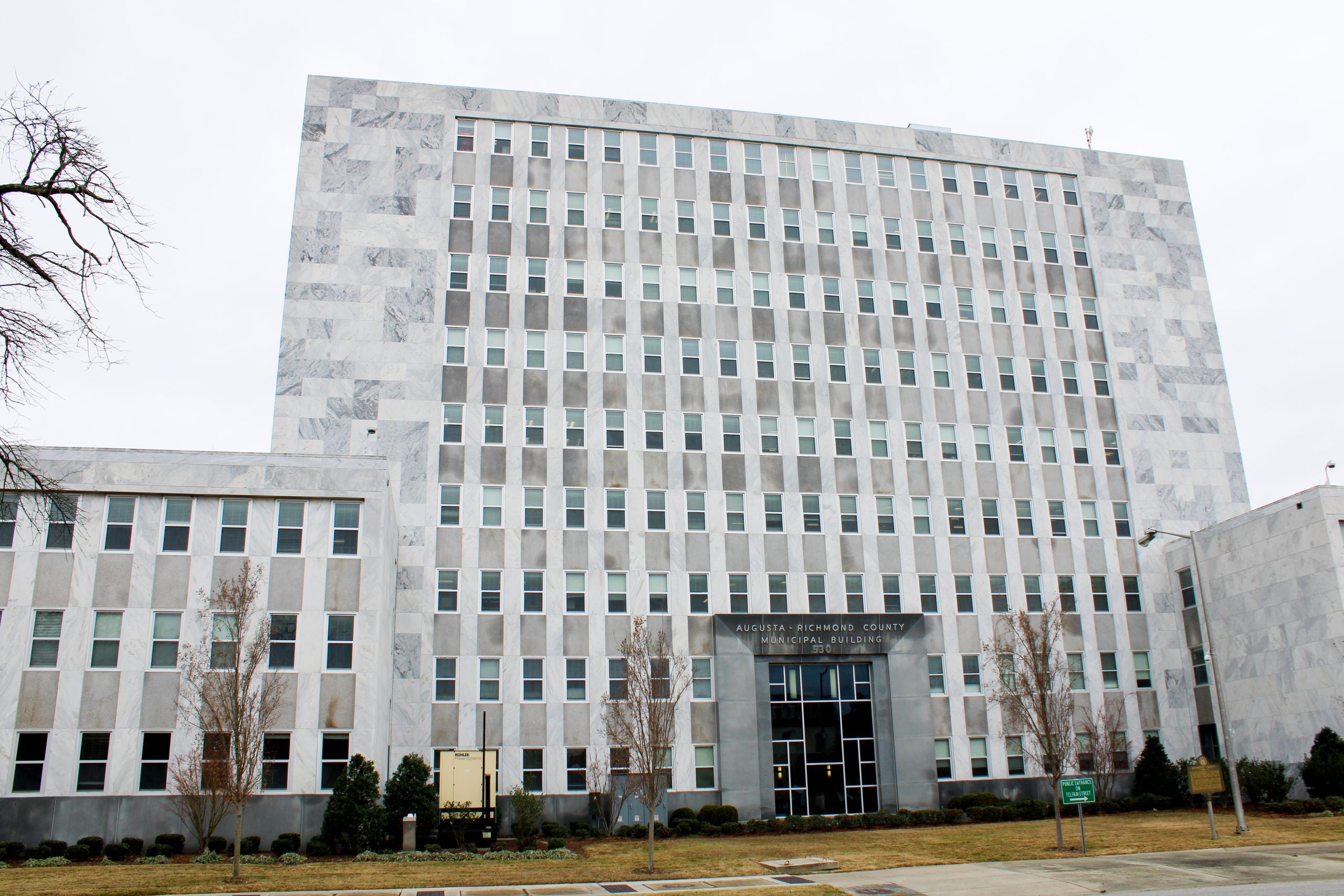The Augusta government is on the road to economic recovery from the COVID-19 pandemic and making progress, according to Finance Director Donna Williams.
Augusta was allocated $84.25 million of the $362 billion American Rescue Plan with the first payment expected by May 15, Williams told the Augusta Commission’s Finance Committee members Tuesday. The second payment is expected next year.
MORE: Applications Still Open for Small Business Relief Grants
General guidelines for spending the money are:
– Responding to public health emergencies regarding negative economic impact on households, businesses, nonprofits, tourism, travel and hospitality.
– Responding to workers performing essential work during Covid 19.
“The third category is perhaps the big one for us – what we looked for, what we hoped for in the CARES package that was not in there,” Williams said.
[adrotate banner=”19″]
That category would allow the city to respond to the reduction of revenue from the impact of COVID-19 in comparison to the revenues collected in the most-recent full fiscal year before the emergency.
“What this means for us is we’d look back and benchmark against 2019,” Williams said.
“And then there are three categories of infrastructure that are currently listed,” she said. “Water, sewer and broadband.”
Williams also gave an update on franchise fees and sales tax collections in her presentation.
Electric franchise fees are a revenue stream received as a single payment in the first quarter of the year. Georgia Power and Jefferson Electric pay 4% of their revenues from the customers in Richmond County to Augusta. For the second year in a row, revenue from Georgia Power franchise fees has decreased. The amount received, $9.98 million, is a $1.5 million decrease from 2020, Williams stated in her written report.
“We went back to 2005 to find remittance lower than this year,” she said.
Possible causes include business closures and residential customers who might have delayed payment due to the pandemic, Williams added.
[adrotate banner=”22″]
In comparison, franchise fees in consolidated Macon-Bibb were down 5%, and those of consolidated Columbus-Muscogee were down almost 9.5%, Williams told commissioners.
“Other fluctuations, both positive and negative, will occur in revenues and expenditures for the remainder of the fiscal year, our goal is to manage those over which we have control so that year end results are as expected,” she stated.
MORE: Insurance Companies and COVID-19 Lawsuits
Sales tax is a revenue source that has a major impact on both Augusta’s operations and capital expenditures, Williams stated.
“Collections for the last five months (October 2020 to February 2021) have been higher than the same period for the previous year. This trend is another indication of the recovery in our region. Under the cash method of reporting, March revenue was not yet received and is not reported as of March 31,” she added.
Sylvia Cooper is a Correspondent with The Augusta Press. Reach her at sylvia.cooper@theaugustapress.com.
[adrotate banner=”45″]











